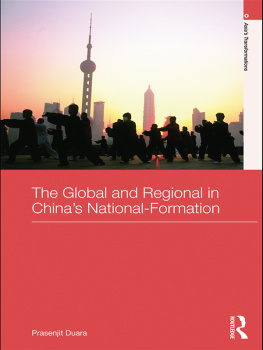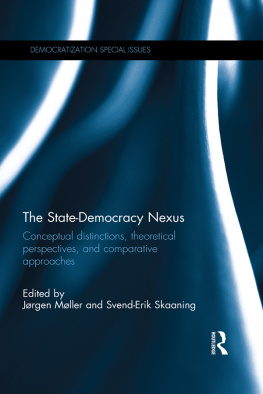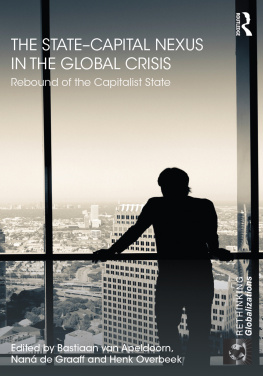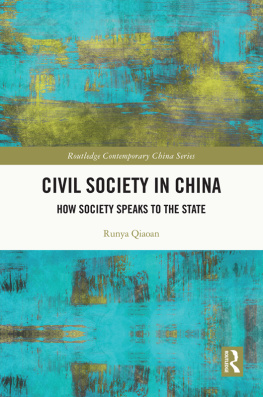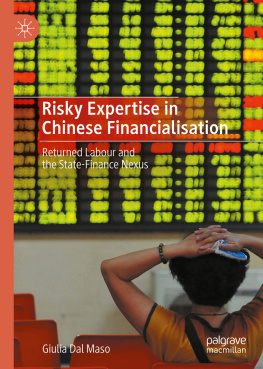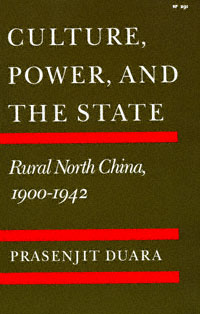Prasenjit Duara - Culture, Power, and the State: Rural North China, 1900-1942
Here you can read online Prasenjit Duara - Culture, Power, and the State: Rural North China, 1900-1942 full text of the book (entire story) in english for free. Download pdf and epub, get meaning, cover and reviews about this ebook. year: 1991, publisher: Stanford University Press, genre: Religion. Description of the work, (preface) as well as reviews are available. Best literature library LitArk.com created for fans of good reading and offers a wide selection of genres:
Romance novel
Science fiction
Adventure
Detective
Science
History
Home and family
Prose
Art
Politics
Computer
Non-fiction
Religion
Business
Children
Humor
Choose a favorite category and find really read worthwhile books. Enjoy immersion in the world of imagination, feel the emotions of the characters or learn something new for yourself, make an fascinating discovery.

- Book:Culture, Power, and the State: Rural North China, 1900-1942
- Author:
- Publisher:Stanford University Press
- Genre:
- Year:1991
- Rating:3 / 5
- Favourites:Add to favourites
- Your mark:
Culture, Power, and the State: Rural North China, 1900-1942: summary, description and annotation
We offer to read an annotation, description, summary or preface (depends on what the author of the book "Culture, Power, and the State: Rural North China, 1900-1942" wrote himself). If you haven't found the necessary information about the book — write in the comments, we will try to find it.
The author constructs a prismatic view of village-level society that shows how marketing, kinship, water control, temple patronage, and other structures of human interaction overlapped to form what he calls the cultural nexus of power in local society. The authors concept of the cultural nexus and his tracing of how it was altered enables us for the first time to grapple with change at the village level in all its complexity.
The author asserts that the growth of the state transformed and delegitimized the traditional cultural nexus during the Republican era, particularly in the realm of village leadership and finances. Thus, the expansion of state power was ultimately and paradoxically responsible for the revolution in China as it eroded the foundations of village life, leaving nothing in its place.
The problems of state-making in China were different from those of eighteenth- and nineteenth-century Europe; the Chinese experience heralds the process that would become increasingly common in the emergent states of the developing world under the very different circumstances of the twentieth century.
Prasenjit Duara: author's other books
Who wrote Culture, Power, and the State: Rural North China, 1900-1942? Find out the surname, the name of the author of the book and a list of all author's works by series.

